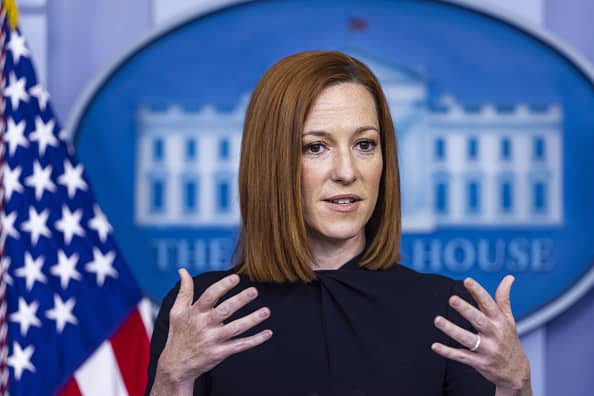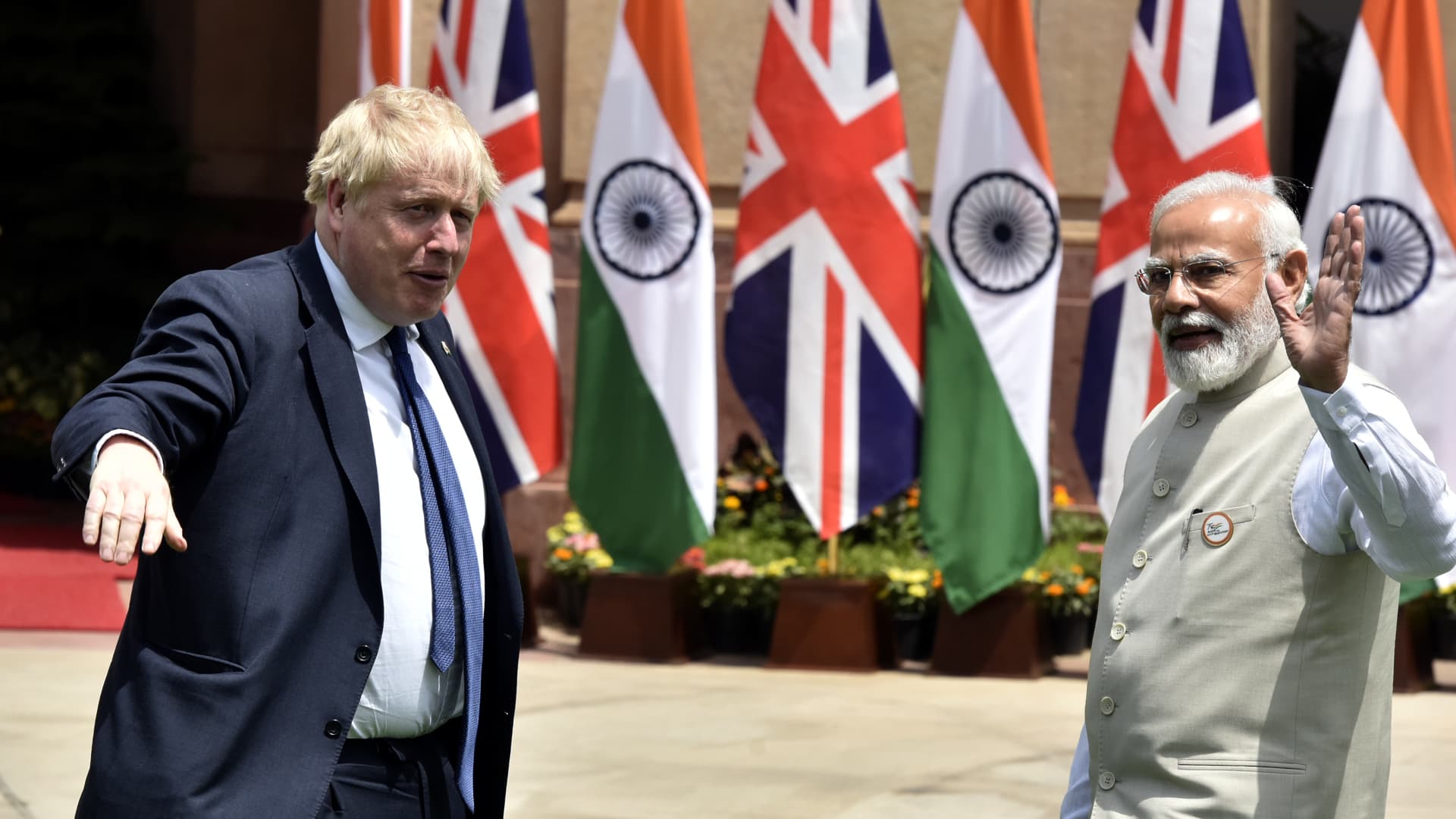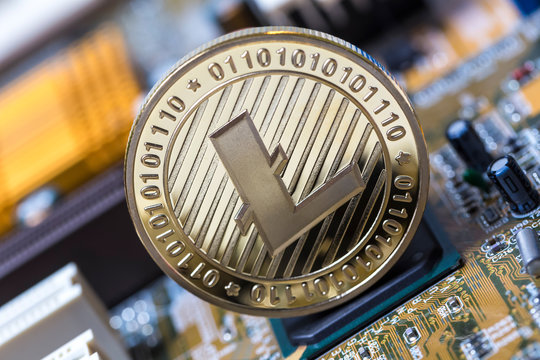Consumer companies vie for share of India's booming stock market
More consumer-facing companies in India are listing on India's stock exchanges, or have big plans to IPO in months to come.

A bell during the listing ceremony of Ola Electric Mobility at the National Stock Exchange in Mumbai, India, on Friday, Aug. 9, 2024.
Bloomberg | Bloomberg | Getty Images
Food delivery platforms, jewelry companies — and even an electric scooter manufacturer.
More consumer-centric companies are looking to capitalize on India's booming stock market and strong economic growth, by going public.
India's benchmark indexes broke record highs throughout the year, with the Nifty 50 and BSE Sensex climbing 19% and 17%, respectively, according to LSEG data.
The South Asian country is now set to emerge as the world's third-largest consumer market by 2027, according to a report by BMI, backed by strong growth from consumer-focused companies in sectors ranging from healthcare, transportation and consumer staples.
"After a decade, India's growth story is now likely to be driven by private consumption. With a better macro outlook, the risk appetite for investors for business to consumer companies have gone higher," said Atul Singh, CEO and managing director of wealth management firm LGT Wealth India.
"Private consumption is coming back after more than a decade. It may have started with large corporations like Reliance and Adani, but the positive macro story is driving more business to consumer companies to list," Singh told CNBC in an interview.
India had 238 listings in 2023, reaching a nine-year high with 614 billion Indian rupees ($7.35 billion), according to FactSet data. The research platform showed that there have already been 264 IPOs so far this year.
Transportation
Among the names making headlines for its IPO is Hyundai Motor India, which aims to raise $3 billion from its IPO listing. This would surpass the listing of state-owned Life Insurance Corporations' at $2.7 billion, potentially making Hyundai Motor India's IPO the country's largest.
This comes hot on the heels of the listing of Ola Electric in August. Shares of the electric two-wheeler manufacturer, surged 20% in its market debut. The company priced its shares at 76 rupees (91 cents), raising over $730 million in its initial public offering.
Ola electric scooters are on display ahead of the Initial Public Offer press conference.
Sopa Images | Lightrocket | Getty Images
The listing momentum among automakers like Hyundai Motor and Ola Electric is slowly trickling down to other segments of India's economy, according to LGT Wealth's Singh.
"The first leg of the consumption story was for big ticket items like cars, but the momentum is slowly shifting to consumer staples. So a lot of the smaller ticket consumption is is now gaining momentum," he added.
Food and beverage
Consumer names looking to go public include Softbank-backed food delivery platform Swiggy, which reportedly filed for an IPO on Sept. 26, reports from Reuters showed.
Its competitor Zomato had gone public back in 2021. Year-to-date, its shares have surged over 120%.
Zomato and Swiggy are among the consumer brands going public in a bid to raise capital.
Food delivery riders from Zomato and Swiggy in Kolkata, India, on July 14, 2024.
Nurphoto | Nurphoto | Getty Images
"All these businesses need capital because they're loss making businesses. These companies want to go public to expand their footprint and not worry about profitability for the first five years," Feroze Azeez, deputy CEO of wealth management firm Anand Rathi Wealth told CNBC.
He further explained that Zomato, which has made profits in the last two quarters, has shown that loss-making businesses can become profitable sooner than people thought.
Jewelry
Another popular theme that has been seeing companies go public is jewelry — a big and serious business given Indians' love for gold.
Among the listings from this theme is PN Gadgil Jewellers which listed on both Indian stock exchanges this month, and made a strong debut on the bourses. The company listed at 834 Indian rupees ($9.95) on the Bombay Stock Exchange and 830 Indian rupees ($9.91) on the National Stock Exchange.
This follows the successful listings of other jewelry brands in 2023.
Shares of Senco Gold and Motisons Jewellers, have surged 108% and 211% respectively, since the start of the year.
Jewelry spending typically peaks during Dhanteras — a day that's considered auspicious to buy gold. This year, the occasion falls days before Diwali, and is expected to see a 400% surge in the purchase of gold from the same period last year, estimates from Mastercard Economics Institute showed.
"The preference of the Indian consumer to buy jewelry remains strong despite rising prices. Indian households are investing in physical assets — like gold — even more than before," Anushri Bansal, Asia-Pacific's senior economist at Mastercard, told CNBC in an interview.
"There is inclination to buy gold for investments. There is an inclination to buy gold as jewelry, and there is an inclination to buy gold to pass it on to your children," Bansal said.
A customer tries on a gold necklace at a Senco Gold & Diamonds jewelry showroom ahead of Diwali in Mumbai on October 22, 2022.
Indranil Mukherjee | Afp | Getty Images
Listings outside consumer-focused sectors
Beyond consumer-focused sectors, analysts see interest among financial companies in the non-banking sector to go public.
For example, Bajaj Housing Finance — which gives out home loans — went public on Sept. 16. Its shares surged as much as 161 rupees a piece on its debut on the National Stock Exchange, climbing around 130% from the top end of their IPO pricing of 70 rupees.
A bell during the listing ceremony of Bajaj Housing Finance at the National Stock Exchange in Mumbai, India, on Monday, Sept. 16, 2024.
Bloomberg | Bloomberg | Getty Images
LGT Wealth's Singh noted that Bajaj Housing has "an excellent reputation," and good quality management.
"A positive macro outlook is also making these financing companies a good bet and causing a retail frenzy."

 UsenB
UsenB 































